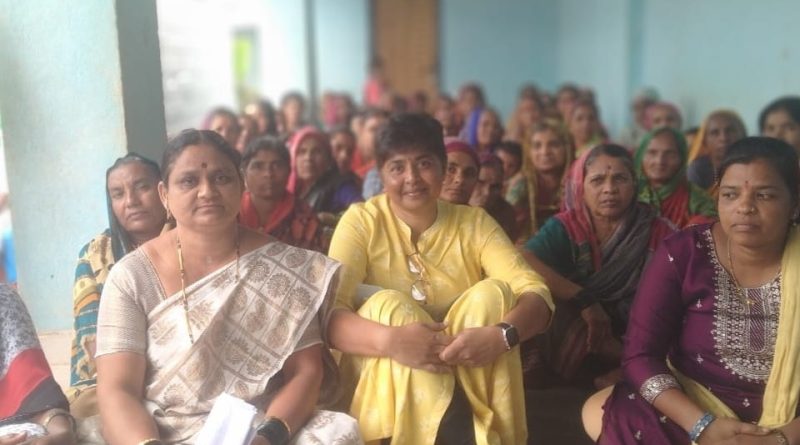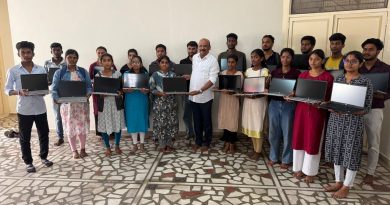Beyond Gruha Lakshmi: Women’s Work, GDP, and the Case for Recognition
By Kavitha Reddy | Guest Contributor, Bangalore Mail
Welfare programs launched by governments over the years have aimed to boost household-level economic indicators. However, such schemes have not always translated into tangible improvements in the lives of women—especially when it comes to long-term gender equity metrics.
What has proven more impactful are focused interventions in areas such as women’s health, education, nutrition, financial access, and employment through programs like the Mahatma Gandhi National Rural Employment Guarantee Act (MGNREGA). Among MGNREGA’s most notable achievements is the provision of equal wages for women—a strategic success in a largely unequal wage landscape.
Yet one of the most pressing challenges in measuring gender equality lies in recognising and valuing unpaid care and domestic work—tasks overwhelmingly performed by women. Unlike formal employment, this work remains unpaid and often invisible in national economic accounting. While the productivity of men is frequently measured in wages and GDP contributions, women’s unpaid labour is still estimated, not directly measured.
According to estimates by UN Women, unpaid care and domestic work could contribute up to 39% of a nation’s GDP. In India, a 2023 State Bank of India report valued this contribution at 7.5% of GDP—equivalent to an astounding ₹22.7 lakh crore. These figures highlight the vast scale of economic activity being performed by women, silently and without compensation.
In this context, Karnataka’s Gruha Lakshmi scheme—providing monthly cash transfers to women identified as heads of households—stands out as a potential game changer. The state now has a historic opportunity to evolve this initiative into a formal recognition of women’s unpaid care and domestic work. By offering this compensation to all women aged 20 and above, Karnataka could pioneer a bold policy direction that affirms the economic value of unpaid domestic work .
Such a shift would not merely acknowledge women’s contributions but could redefine how female participation is understood within the state’s economy. Karnataka must now aim to transition from gender-sensitive policymaking to gender-transformative governance—through strategic investments, focused interventions, and transparent gender budgeting.
Recognising unpaid work is not just about economic inclusion—it is about justice, visibility, and building a truly equitable society. By centring women in fiscal and policy priorities, Karnataka can set a national benchmark in progressive governance.
Kavitha Reddy is a Trustee of Kaagaz Foundation and writes on public policy, gender equity, and sustainability.




